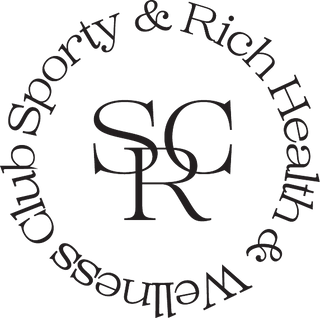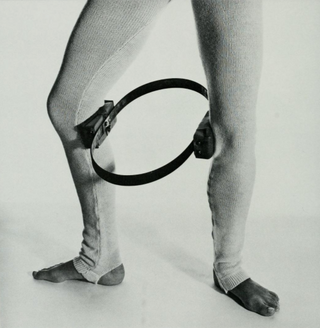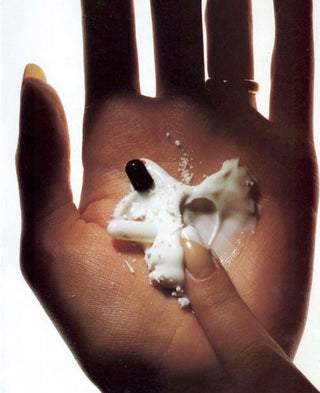
There is great debate in medicine around the use of supplements. More specifically, whether supplements or whole foods are the better nutrient source. I think about this question for a living and treat patients with this question in mind daily. While a well-rounded diet would ideally be the best way to obtain nutrients, this is not always possible - especially given the demands on our bodies from modern living.
In my opinion, there is no clear cut answer to whether whole foods, synthetic supplements, or whole food supplements are best. Rather, the answer can be determined by analyzing various factors relating to your diet, lifestyle, and health goals.
What does your diet look like on a day-to-day basis?
The most nutrient dense foods are plants (i.e. vegetables, herbs, certain fruits), organ meats, eggs, healthy fats (i.e. olives, avocados, or coconuts), fish, and certain shellfish. These foods contain a variety of nutrients that synergistically work together to amplify each other's effects.
How much of these foods are you consuming on a day-to-day basis?
Ideally, you should be consuming at least eight servings a day of a variety of colourful fruits and vegetables (this is equivalent to at least four cups of cooked vegetables), two tablespoons of healthy fats per meal, and a variety of protein sources with at least one serving per meal (i.e. the size of your palm or a cupped hand). If these foods are not available to you, your diet contains processed ingredients, and/or you rarely consume these recommended quantities on a daily basis, supplementation is likely necessary. Perhaps you are eating these foods but your digestion and gut health is less than optimal, ergo your body cannot properly absorb and utilize nutrients. This would also be something to discuss with your healthcare provider to determine your supplementation needs.
What is the quality of your food?
Food quality is important to consider because this will dictate how nutritionally dense these foods are. Although organic produce is generally smaller in size, many studies have shown that they are more nutrient dense than inorganic produce. The quality of the soil that the food is grown in heavily impacts its nutrient density. Whether your food is fresh, frozen, or processed will also change how nutritious it is. Generally speaking, whole foods (i.e. unprocessed foods) that are locally grown and organic are the best choice. With that being said, this quality of food is not always available and therefore, supplementation may be needed.
How do you eat your meals?
The way we eat has a direct impact on how well we digest and assimilate nutrients, and how well we excrete what we do not need. Eating on the go, at our workspaces, or when we’re stressed/preoccupied does not encourage optimal digestion. Constant snacking is another form of stress on the digestive system which may impair nutrient absorption. If this is your steady state, supplementation may be helpful. Fasting between meals (i.e. not snacking between each meal) can also be a helpful tool to promote gut health and nutrient absorption.
How are your stress levels?
Stress can come in a variety of forms. A variety of emotional and environmental factors can impact our stress levels, from chemicals, to pollution, loud noises, bright lights and screens, drug and alcohol use, processed foods, medication, and so on. When we’re stressed, our body is in a heightened state that requires the use of nutrients to function. In states of stress, supplementation can be helpful to provide the body with the extra nutrients needed to function optimally.
What are your specific needs?
Each person has distinct nutritional needs based on their age, sex, genetic background, health history, current state of health and health goals. For example, the nutritional needs of a child vary drastically from an adult, or between a pregnant woman versus a post-menopausal woman, or between someone with more melanin in their skin versus someone with less. Considering this, it is best to consult with a naturopathic doctor or a functional medicine doctor who is knowledgeable enough to decipher your specific needs based on your unique physiology.
Where do you live and what is your lifestyle?
Geographic location and your lifestyle impact nutritional needs. Factors such as your exposure to sunlight, activity levels, and sleep-wake cycle should all be considered. Depending on this, supplementation may be needed.
What are your goals?
Depending on your health goals, supplementation may or may not be required to help you get there. The goals of someone who is wanting to enhance their general health versus someone who is healing from a chronic disease vary considerably. While the use of supplements may or may not be needed in the former, the latter instance will almost always require supplementation.
If you and your healthcare provider have determined that supplementation is needed, there are a few important factors to consider. Please see below.
Supplement Quality
The importance of selecting high-quality, professional-grade supplements cannot be understated. The quality between supplement brands varies dramatically. Poor quality supplements can sometimes do more harm than if you weren’t supplementing at all, or they may have no benefit. Most nutrients can be found in a variety of forms which impacts its quality. For example, the antioxidant CoQ10 has two forms, which are ubiquinol and ubiquinone. Ubiquinol is a more absorbable form and unless the supplement bottle openly states this ingredient, it is likely that it contains its less bioavailable (and cheaper) form, ubiquinone. B vitamins are another great example, with certain supplements boasting methylated forms. Individuals with absorption issues or genetic variabilities may have higher requirements for these vitamins (making it harder to obtain enough through diet) and require the supplement to be in its methylated form in order to absorb these nutrients. These are two examples among countless others.
Supplement Dosages
Quality and quantity matters. The majority of supplements do not contain a high enough dose to create changes in the body, or in other words, replete nutrient deficiencies. Consuming liposomal supplements is one way you can enhance absorption. The best way to know if you are consuming the doses you need (through diet and/or supplementation) is to have your blood work done bi-annually, and review it with your naturopathic doctor.
Nutrient Source
Supplements can contain a concentrated dose of whole foods that are high in specific nutrients or they may contain nutrients that are created in a lab. For example, one may consume camu camu powder, a dense food source of vitamin C, or they might choose to consume ascorbic acid powder which is a synthesized form of vitamin C made in a lab. There is no right or wrong answer here and what is best for you is based on your body’s unique needs and your health goals.
For general health promotion, whole foods supplements can be helpful. A benefit of whole food sources is that the nutrients within the whole foods synergistically work together, meaning the nutrients and phytochemicals found in whole foods amplify one another’s effects. This type of supplementation can improve energy levels and give you a greater sense of wellbeing while helping to prevent disease.
For specific health needs, you may require a higher dose of certain vitamins that should be supplemented with in a controlled fashion. For example, the recommended dietary allowance (RDA) of folic acid for pregnant women is 400mcg/day which can sometimes be difficult to consume through diet, or perhaps there may be some uncertainty around how much folic acid is in food or whole foods supplements. Another example would be someone on a particular medication that depletes certain nutrients. For example, oral contraceptive pills deplete B vitamins and supplementation would be favoured over relying on foods and/whole foods supplements in order to bridge this nutritional gap with certainty.
Remember, while supplements are helpful, you cannot supplement yourself out of a poor diet and lifestyle. With that being said, even if you are eating a pristine diet and have minimal stress, never completely disregard supplementation as your unique system may thrive with it. My recommendation is always a combination of both; with the combination depending on your unique needs.
Image credit: @juliaajay















